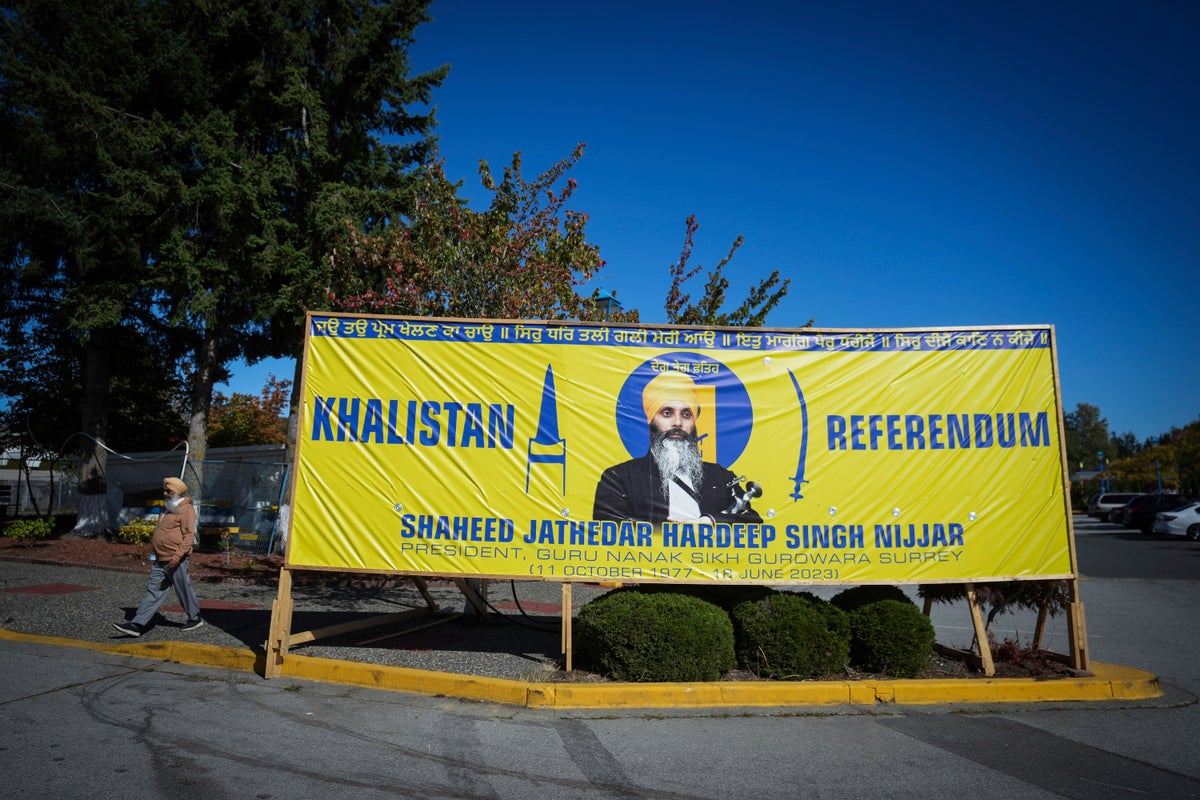
Australia’s intelligence chief has supported Canadian prime minister Justin Trudeau’s accusations against India over Hardeep Singh Nijjar’s murder.
Last month, Mr Trudeau said there were credible allegations of a potential link between “agents of the Indian government” and the murder of Nijjar.
Now, Mike Burgess, director of the Australian Security Intelligence Organisation [ASIO], said he has “no reason to dispute” Canada’s claims.
He was speaking on the sidelines of a gathering of Five Eyes intelligence partners in California.
Mr Burgess was quoted as saying by ABC News that there was “no reason to dispute what the Canadian government has said in this matter”.
“There’s no doubt any allegation of any country being accused of carrying out an execution of a citizen in that country, it’s a serious allegation, and something that we don’t do and something that nations should not do.”
Three months after Nijjar’s killing, Mr Trudeau said: “Any involvement of a foreign government in the killing of a Canadian citizen on Canadian soil is an unacceptable violation of our sovereignty.”
India rejected Canada’s “absurd and motivated” allegations while accusing the Trudeau government of allowing the Khalistan movement to thrive. The Sikh secessionist movement calls for a separate homeland for the Sikh religious community to be carved out of India’s Punjab state.
In India, Nijjar was listed as a wanted terrorist and the subject of a Rs 1m (£9,710) bounty for information leading to his arrest. A supporter of Sikh separatist causes, Nijjar was accused of leading a proscribed militant organisation called the Khalistan Tiger Force.
Several Sikh leaders in Australia have expressed their support for Canada’s allegations and voiced concerns that Nijjar’s death has instilled fear of potential violence within their communities. Responding to this, Mr Burgess said: “Whether or not it will happen here, I wouldn’t publicly speculate, I don’t think that’s appropriate.”
He continued: “I can assure you that when we find governments interfering in our country, or planning to interfere in our country, we will deal with them effectively.”
Mr Burgess pointed out there is a difference between community tensions, such as those that have arisen from events like the vote related to the Khalistan movement, and foreign interference by the Indian government.
“For us, that plays out in society, you see protests, counter-protests, and sometimes there’s communal violence or spontaneous violence," he said.
"That’s not a nation-state seeking to interfere and covertly or deceptively harm and intimidate people.
“Of course, if we see that we will act.”
The killing of 45-year-old Nijjar torpedoed relations between India and Canada, leading to the firing of diplomats and derailment of trade talks.
Nijjar was president of the Guru Nanak Sikh Gurdwara in Surrey, British Columbia, and was killed on 18 June on the gurudwara’s premises.







